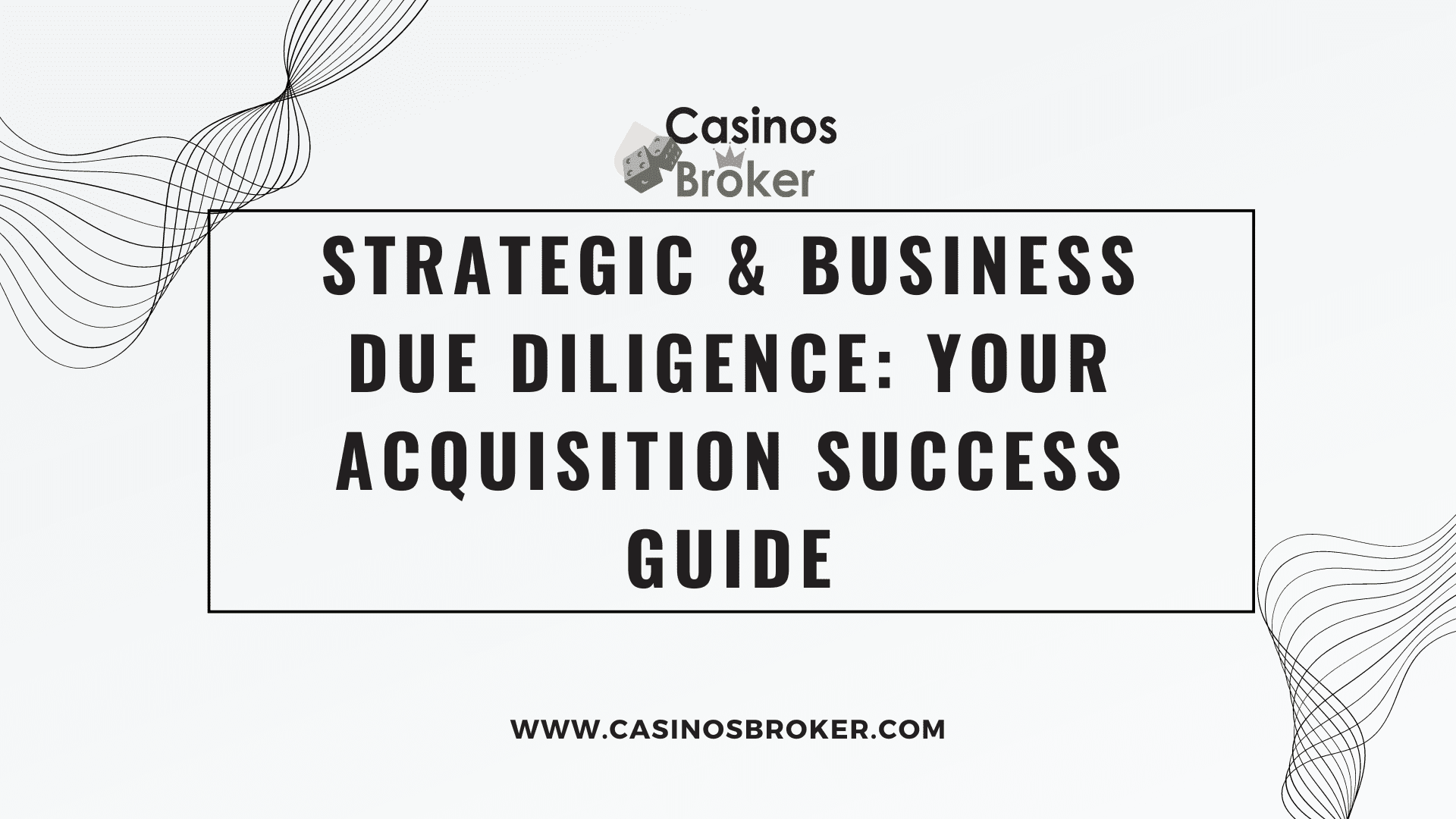Business Due Diligence
While legal due diligence probes the seller’s legal standing, a skilled management team must simultaneously examine the business and its strategic position. The scope of this analysis depends on the buyer’s industry familiarity. Financial buyers entering new markets require in-depth investigation into the business and broader industry trends. In contrast, industry veterans leading a management buyout may focus primarily on legal business due diligence and calculated risk assessment.
Buyers often uncover financial issues when reviewing the seller’s operations, including:
- Undervalued inventory
- Tax liabilities
- Inefficient management information systems
- Risky reliance on select customers/suppliers
- Aging accounts receivable
- Unrecorded liabilities (e.g., warranties, returns)
- Need for immediate capital expenditures due to outdated systems
These pose varying risks that must be carefully weighed against the acquisition’s potential benefits. In today’s volatile economic climate, heightened scrutiny is essential.
Key Questions for Newcomers
Buyers entering a new industry should ask:
- How is the seller’s market defined? What actions can you take to quickly understand industry trends, and who are the leading advisors in this space?
- What are the critical success factors in this industry? Where does the seller stand? Does it have a strong reputation or niche position? What factors are influencing its market share?
Due Diligence Checklist: Your Starting Point
The following checklist ensures informed negotiations by leveling the playing field against a seller who likely possesses more industry knowledge. Consider these areas (note: this list is not exhaustive):
Seller’s Management Team
- Organizational Structure: How are responsibilities distributed? Are job descriptions up-to-date?
- Employee Morale: How engaged are lower-level employees, and how critical are they to the business?
- Talent Acquisition: How easy is it to find skilled labor in the seller’s key markets? How does the seller recruit and develop its workforce?
- Leadership: Assess the management team’s experience, reputation, and turnover. Who are their key external advisors?
- Management Approach: What are the team’s strengths, weaknesses, and approach to strategic planning and internal controls?
Seller’s Operations
- Production & Distribution: Analyze methods and any associated protections (contractual or proprietary). Review sales materials for insights.
- Capacity & Risk: Is the seller operating at maximum efficiency? Identify key dependencies (suppliers, customers) that could hinder expansion.
- Assets: Assess the condition of plant, equipment, and inventory. When will replacements be needed, and at what cost?
- Production Commitments: Review long-term contracts or raw material purchase obligations.
- Inventory Status: Ensure inventory levels match production/sales cycles and assess for obsolescence.
Seller’s Sales & Marketing
- Target Markets: Identify primary/secondary markets, market sizes, and the seller’s share. What growth strategies exist?
- Competition: Analyze direct/indirect competitors, their strengths, weaknesses, and the basis for competition (price, quality, etc.).
- Customer Base: Profile typical customers (demographics, purchasing patterns, location). How might these trends shift in the coming years?
- Distribution: Understand distribution channels, related contracts, and potential for improvement or conflicts with the buyer’s existing channels.
- Promotional Activities: Evaluate the effectiveness of current sales, advertising, and PR efforts.
Seller’s Financial Management
- Performance Trends: Analyze financial statements to identify trends in sales, income, and earnings. How will the acquisition impact these?
- Accounts Receivable: Assess collection procedures and receivables aging. Can these be improved?
- Capital Structure: Review the seller’s debt obligations and leverage ratios against industry norms.
iGaming Business Due Diligence: Key Considerations
- Regulatory Compliance: iGaming is highly regulated. Thoroughly investigate the seller’s licensing status across multiple jurisdictions, ensuring compliance with all applicable laws and responsible gambling practices.
- Technology & Security: Assess the robustness of the seller’s gaming platform, security protocols, and data protection measures. Cybersecurity and game fairness are paramount in the iGaming industry.
- Payment Processing: Understand the complexities of payment gateways and partnerships used by the seller. Scrutinize their anti-money laundering (AML) and Know Your Customer (KYC) procedures.
- Marketing & Affiliate Networks: Analyze the seller’s marketing strategies, including affiliate relationships. Ensure they align with responsible gambling guidelines and avoid targeting vulnerable populations.
Conclusion
Successful business due diligence requires a collaborative approach. Attempts to conceal information create future problems and potential litigation. Sellers should remember the human element: supportive sellers who facilitate access for buyer’s counsel often foster a smoother negotiation process.





